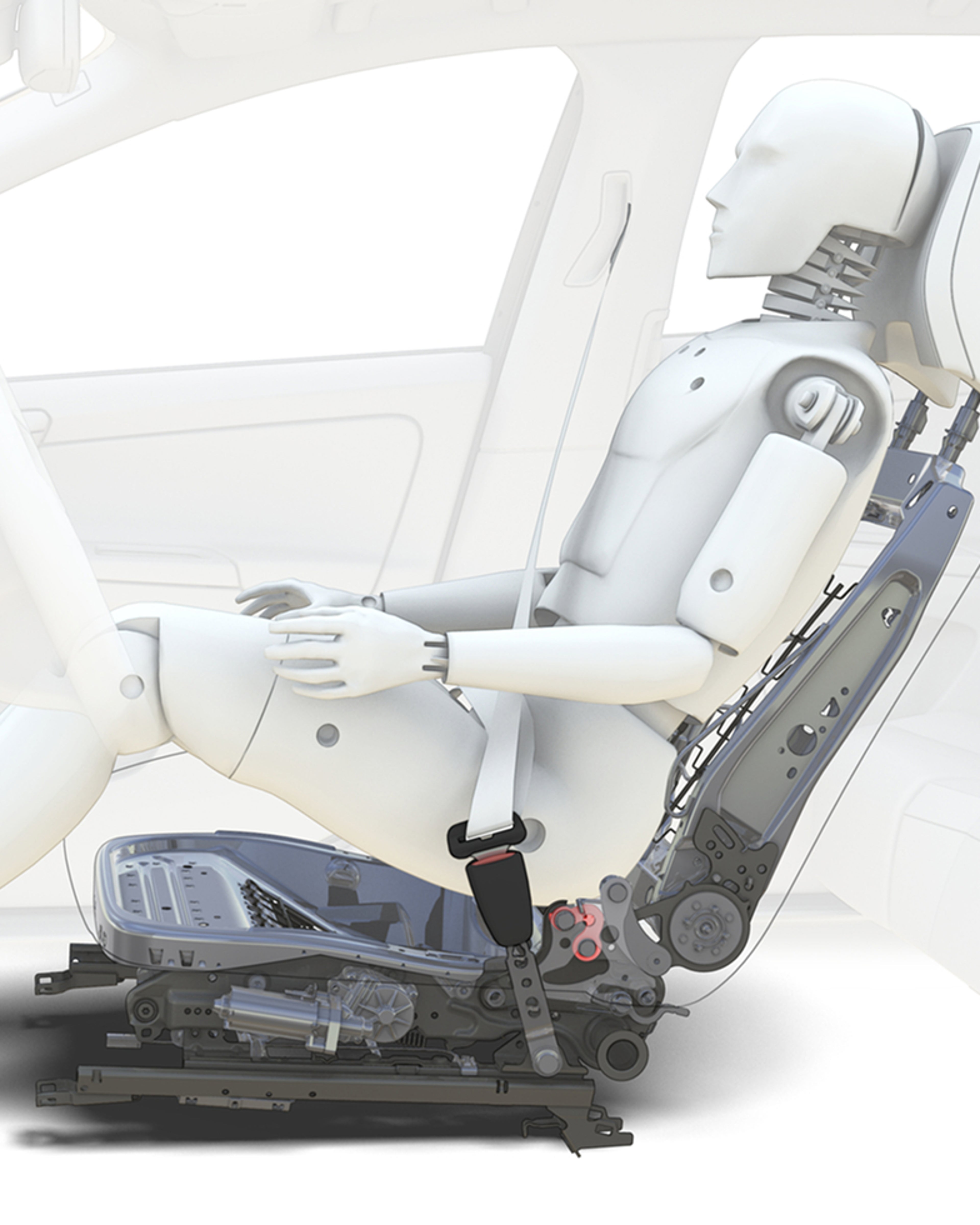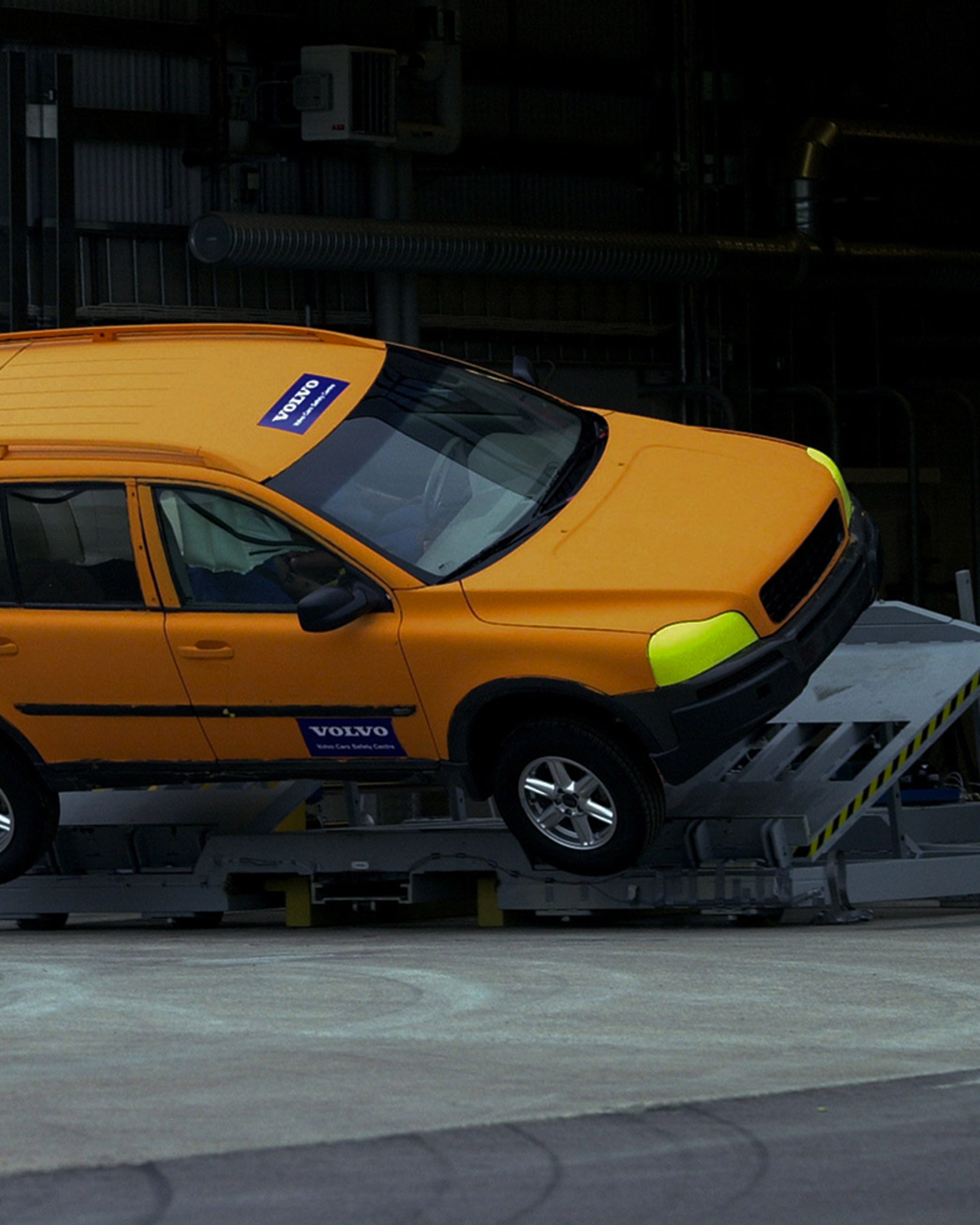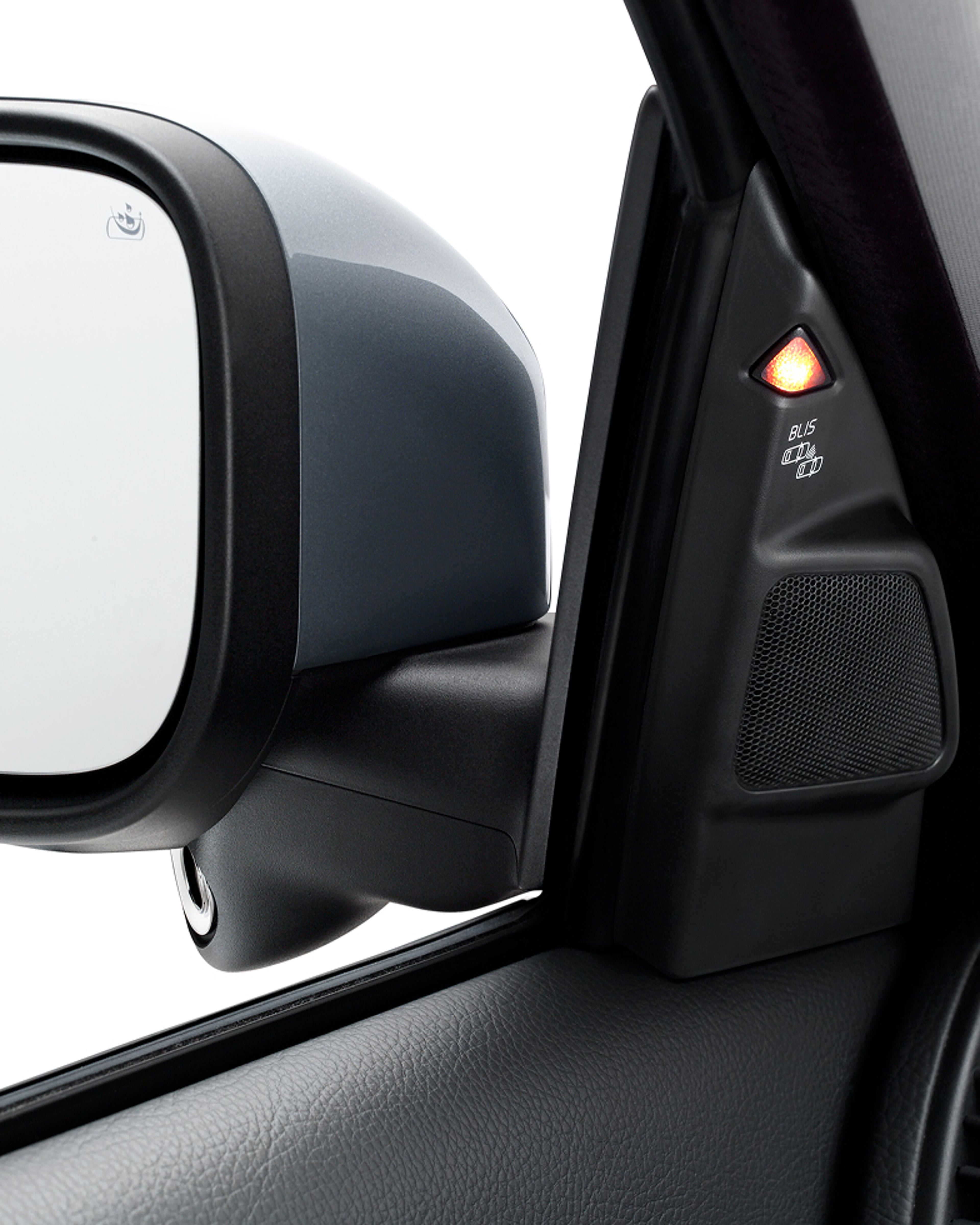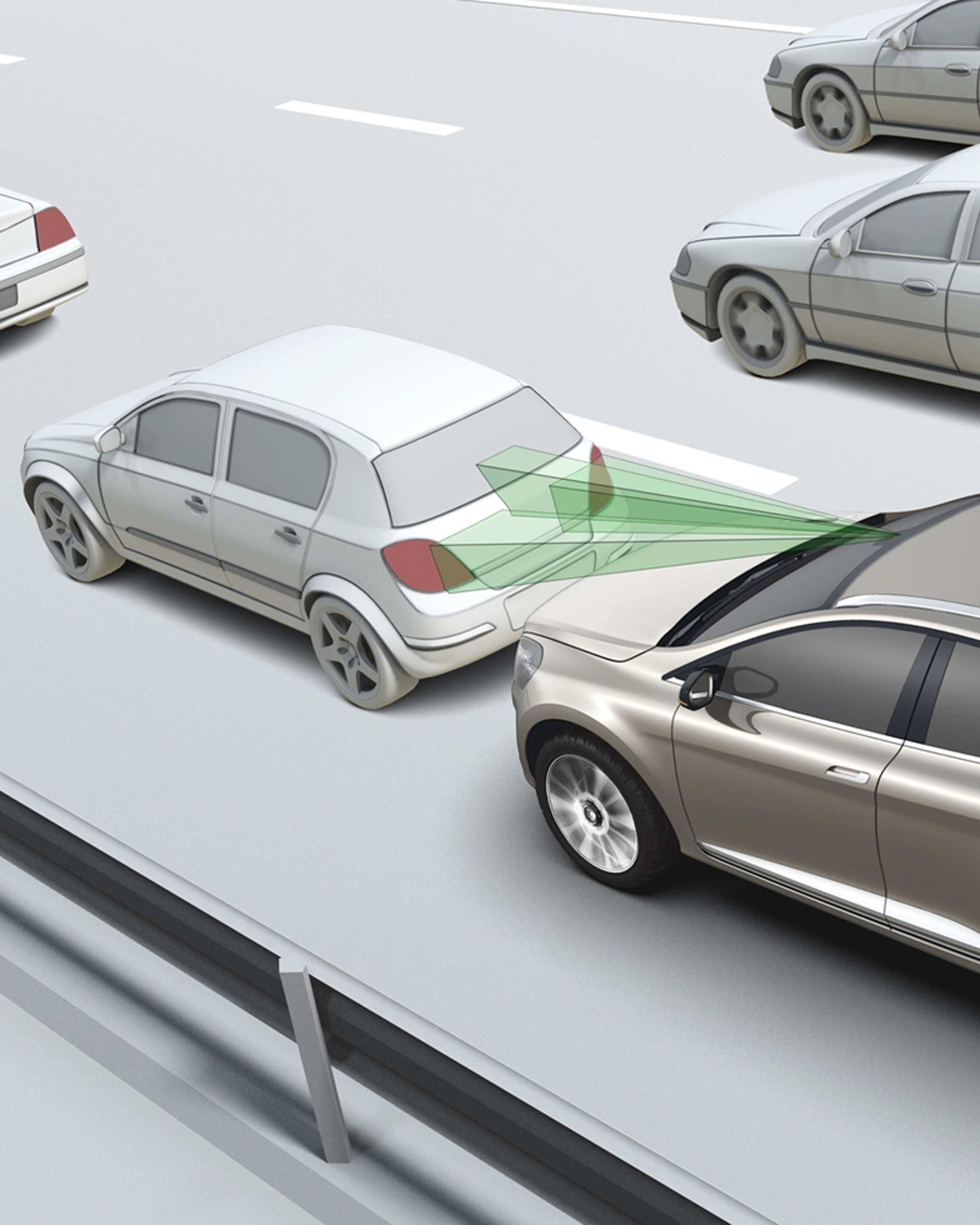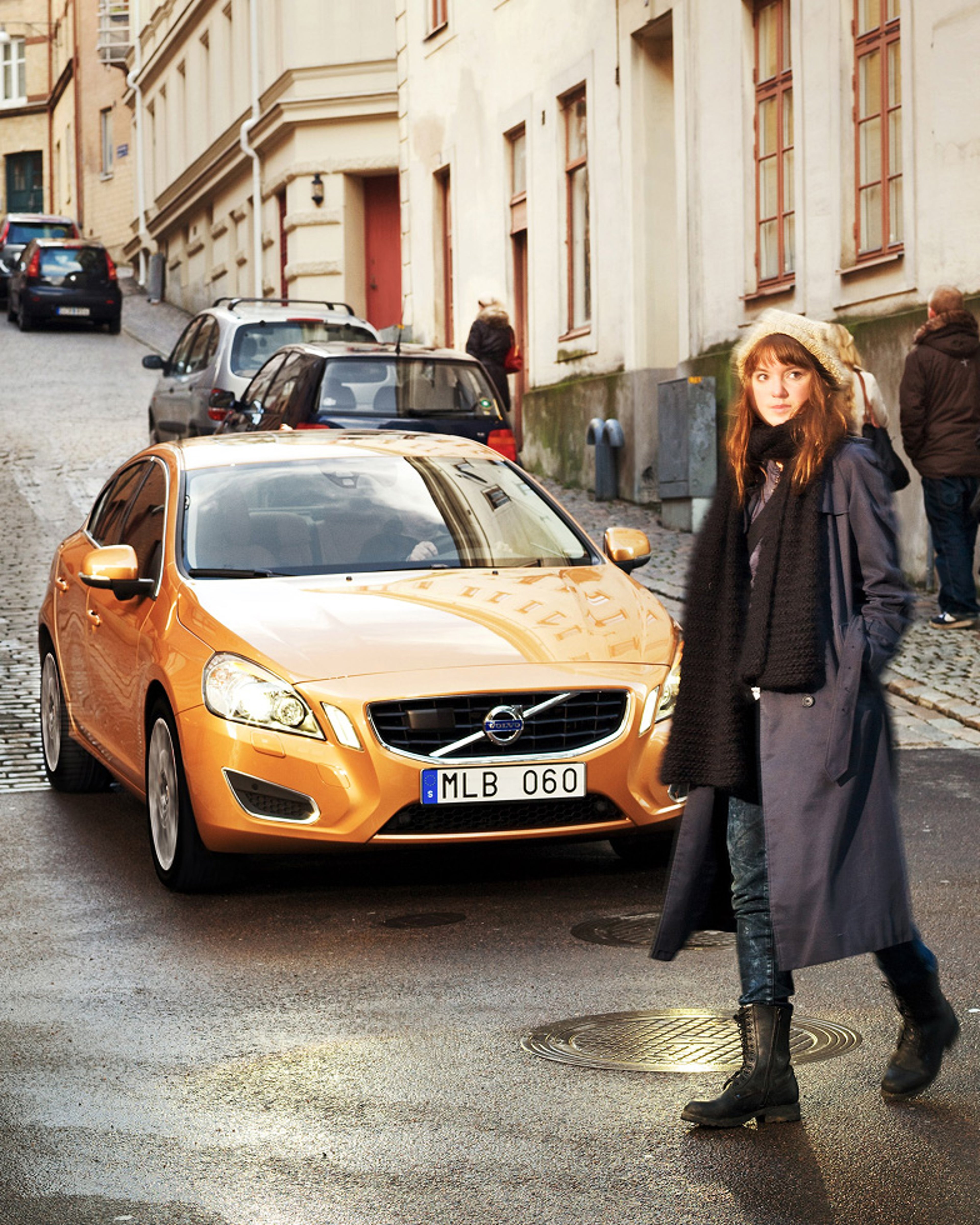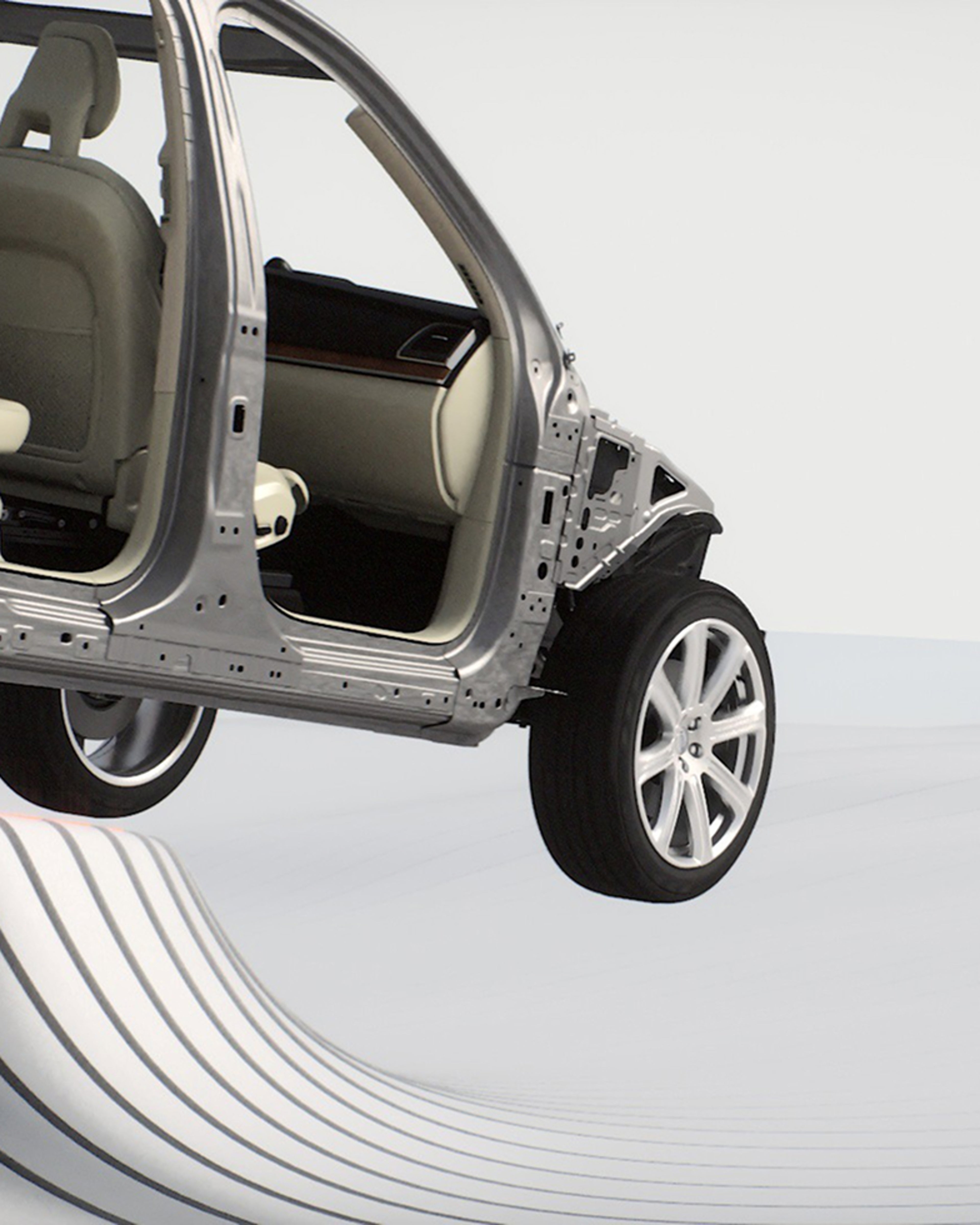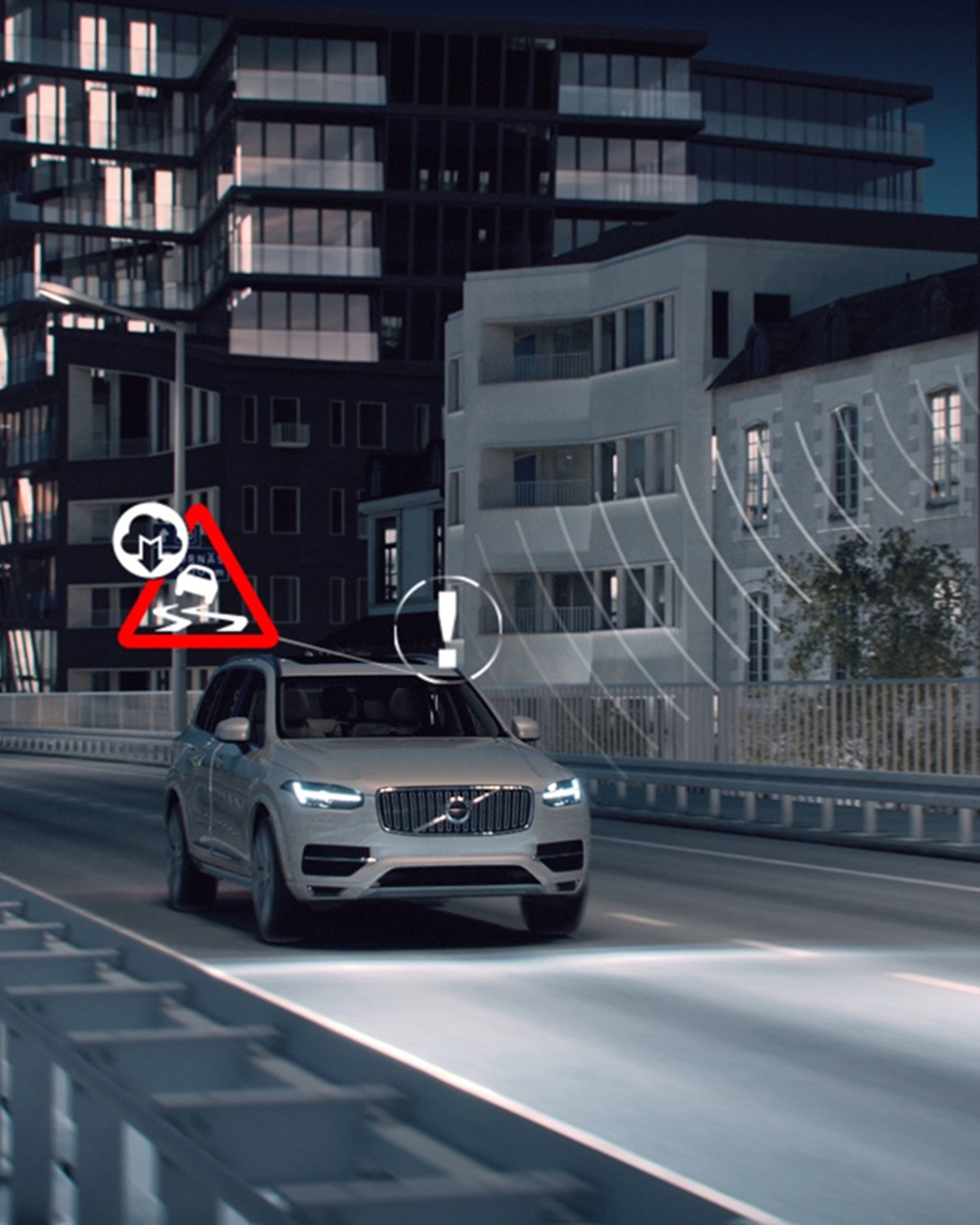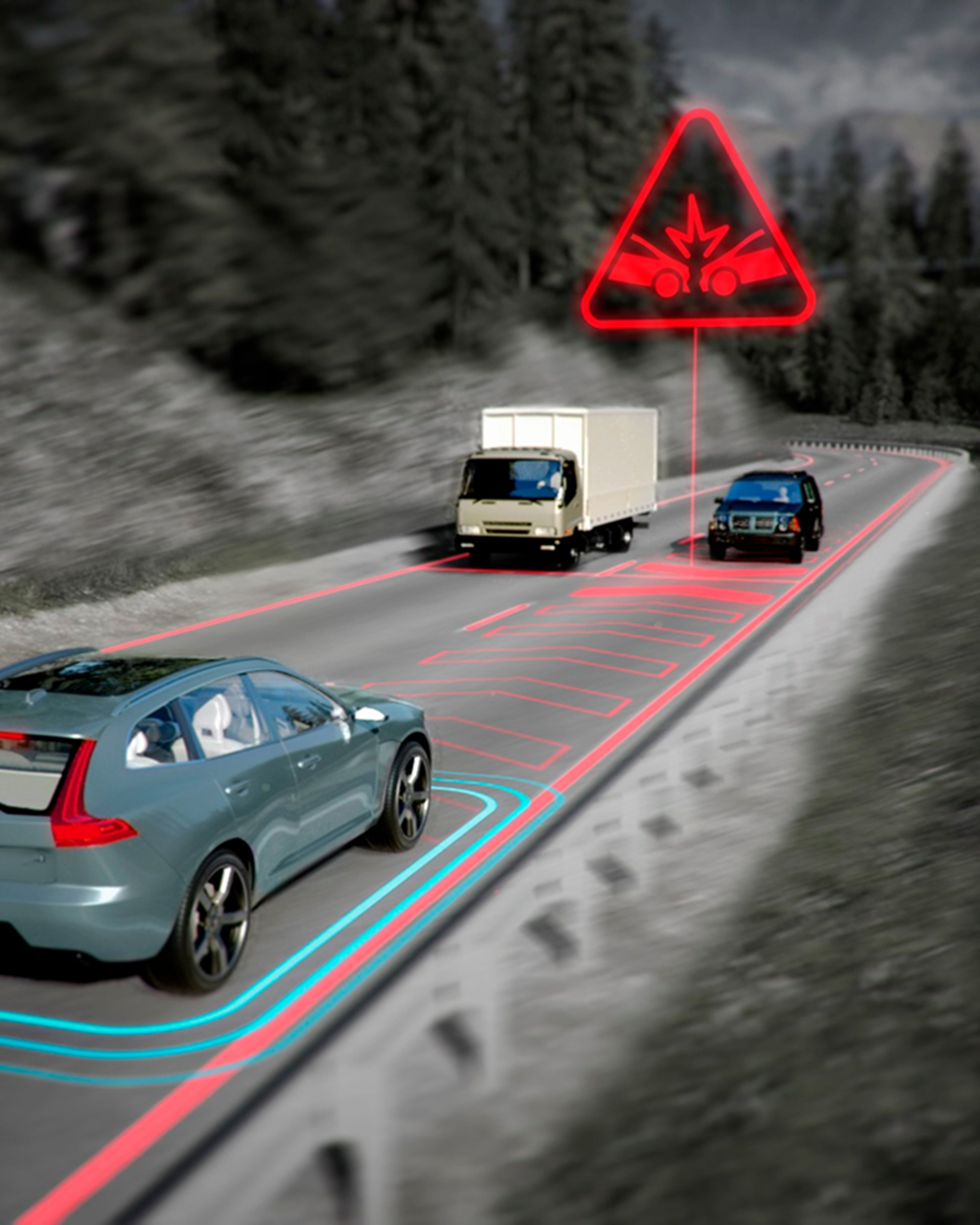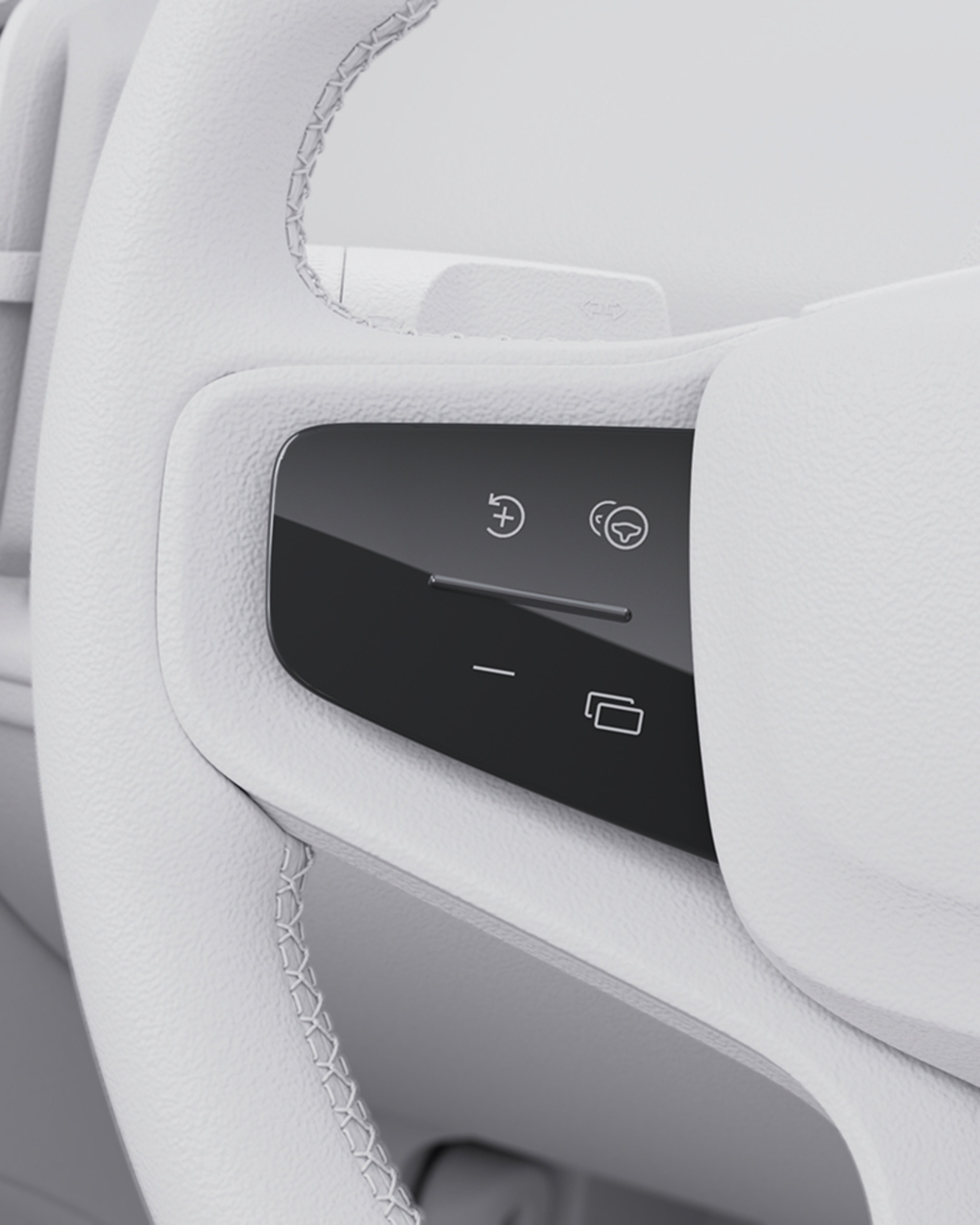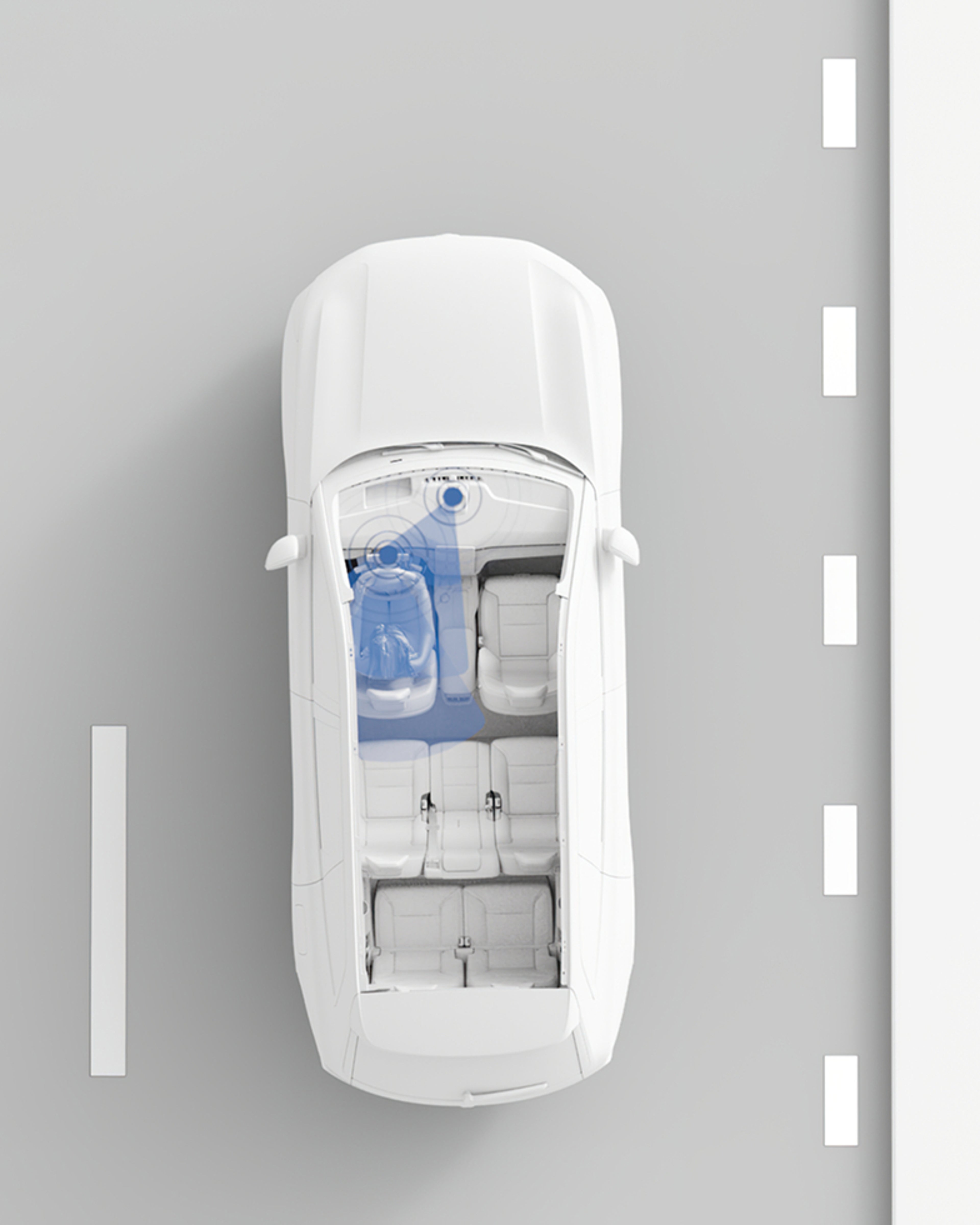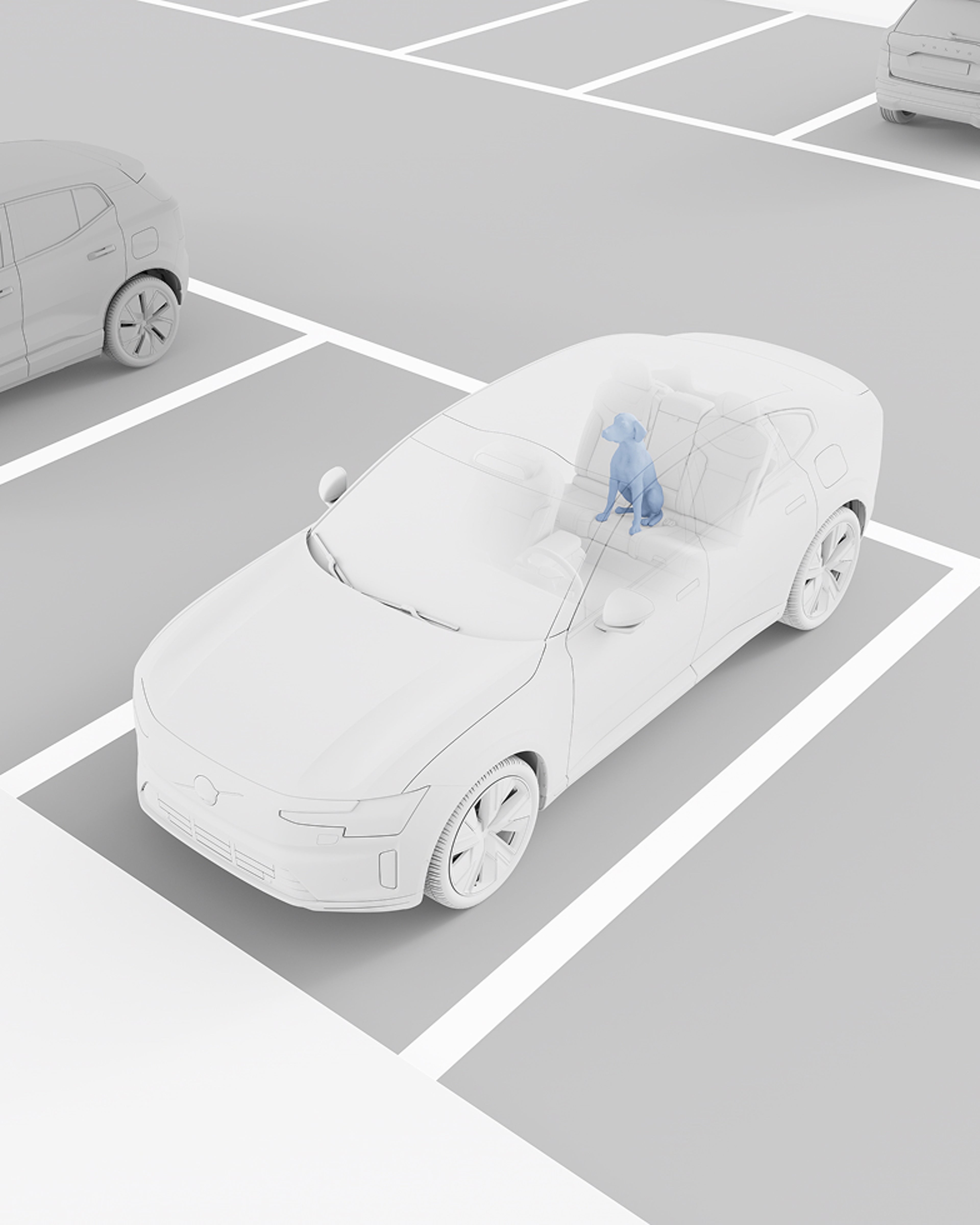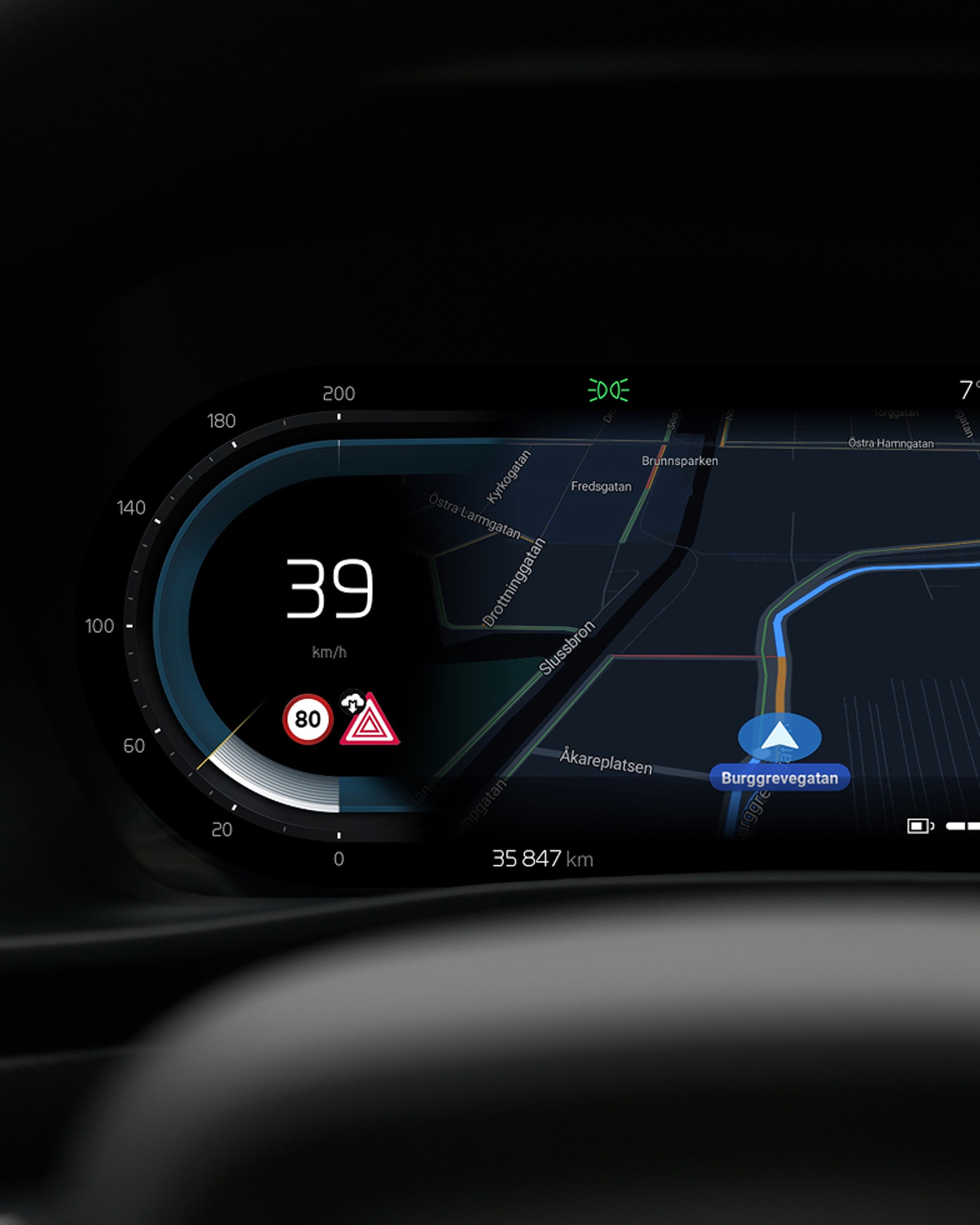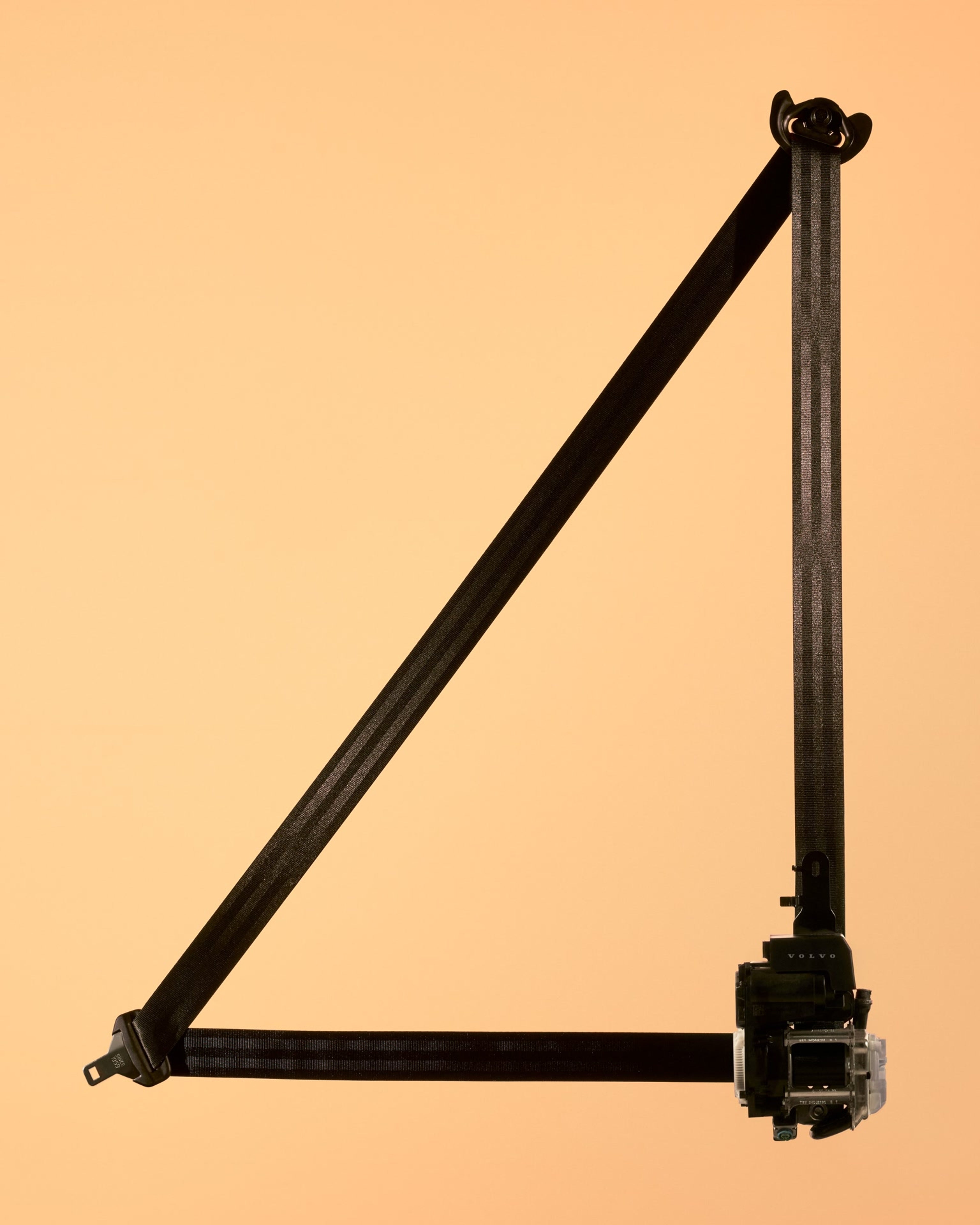Safety is in our DNA
We invented some of the most important features in the history of car safety.
What started as bold became the benchmark for safety
Driving safety forward into the new millennium
Celebrating milestones that have shaped road safety for all
2019
Equal Vehicles for All (E.V.A)
We develop cars to be equally safe for everyone, regardless of gender, age, height, shape or weight. Since 2019, we've been sharing our real-world safety research with everyone as a free resource, because safety should be universal on the road.
2020
A million more
Ideas that change the world are often the most controversial. After introducing the three-point safety belt, we faced a world of criticism. Since then, it's saved more than a million lives. Now it’s time for the next step. For everyone’s safety.
2022
Safety in mind
We've yet to achieve our vision that no one should be killed or seriously injured in a new Volvo car. To get there, we're rethinking safety from the inside out – with cars that understand the world around them and the state of the driver. Leading the way with this technology are the fully electric Volvo EX90 and ES90.
We've redefined safety for decades. And we're just getting started.
Frequently asked questions
What is the most significant safety innovation by Volvo?
At Volvo Cars, we've innovated safety features that've had wide impacts on the industry. In 1959, Volvo engineer Nils Bohlin introduced the three-point safety belt, a groundbreaking invention that's saved countless lives. By studying real-world crashes and understanding how the body reacts to impact, he created a design that was effective and timeless. Putting people and their safety first became the backbone of our safety philosophy. What's more, by sharing patent for this three-point safety belt with the entire industry, we've contributed to saving over a million lives.
What is the E.V.A. initiative by Volvo?
Safety isn’t automatically one-size-fits-all. That’s why we launched the E.V.A. (Equal Vehicles for All) initiative: to share over 50 years of research on how real people, in all shapes and sizes, in different seating positions, experience crashes. We believe that protection should be built for everyone, not just the average crash-test dummy. And by making our insights public, we’re pushing the industry to design cars that truly put people first.
How does Volvo help ensure safety in modern vehicles?
We integrate advanced technologies such as high-definition sensors and radar systems to create a comprehensive safety network in our vehicles. This sophisticated array of equipment enables real-time monitoring of the vehicle's surroundings, detecting potential hazards and enhancing driver awareness to help prevent accidents. Additionally, our continuous investment in research and development and testing beyond traditional safety standards ensures that our safety features evolve to meet the challenges of real-world driving.
Why did Volvo implement the Speed Cap feature?
Speed is a powerful force, but with it comes responsibility. That’s why, in 2020, we made the deliberate decision to cap the top speed of all new Volvo vehicles at 180 km/h (112 m/h). This proactive step reflects our goal of reducing the risks associated with high-speed driving. We also want to start a wider conversation about speeding as a traffic safety issue. Lower speeds give drivers more time to react when the unexpected occurs, helping to make roads safer for everyone.
Who invented seatbelts?
The modern three-point safety belt was invented by Volvo engineer Nils Bohlin in 1959. By sharing the patent with the industry, this invention has been credited with helping save over one million lives. The concept for the multi-adaptive safety belt was invented by Volvo engineers in 2025, and is available in the fully-electric Volvo EX60.
Explore our cars
*Volvo Cars’ safety features complement safe driving practices and are not intended to enable or encourage distracted, aggressive or otherwise unsafe or illegal driving. Ultimately, the driver is responsible for the safe operation of the vehicle at all times. Described features may be optional and availability may vary from one country to another.
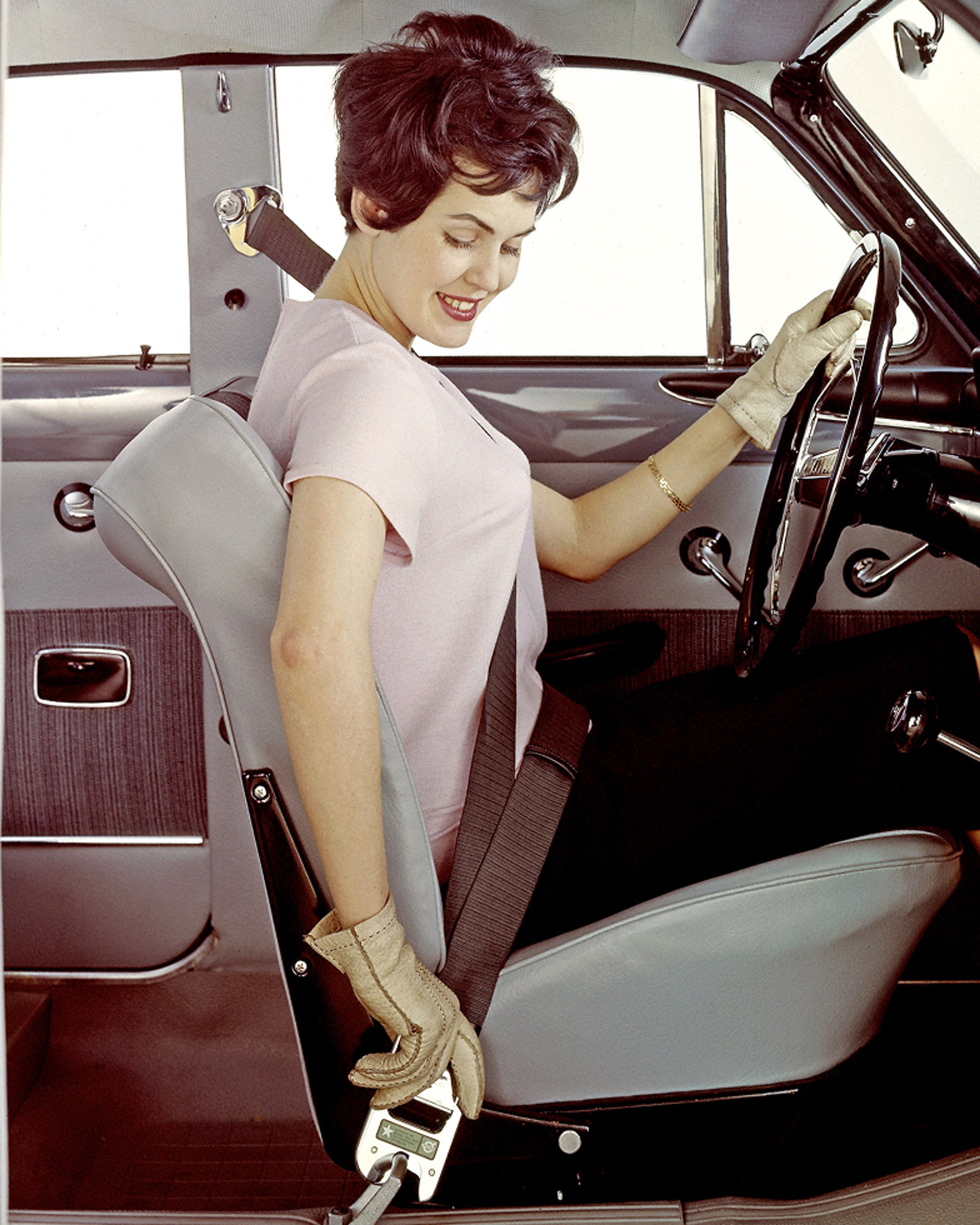


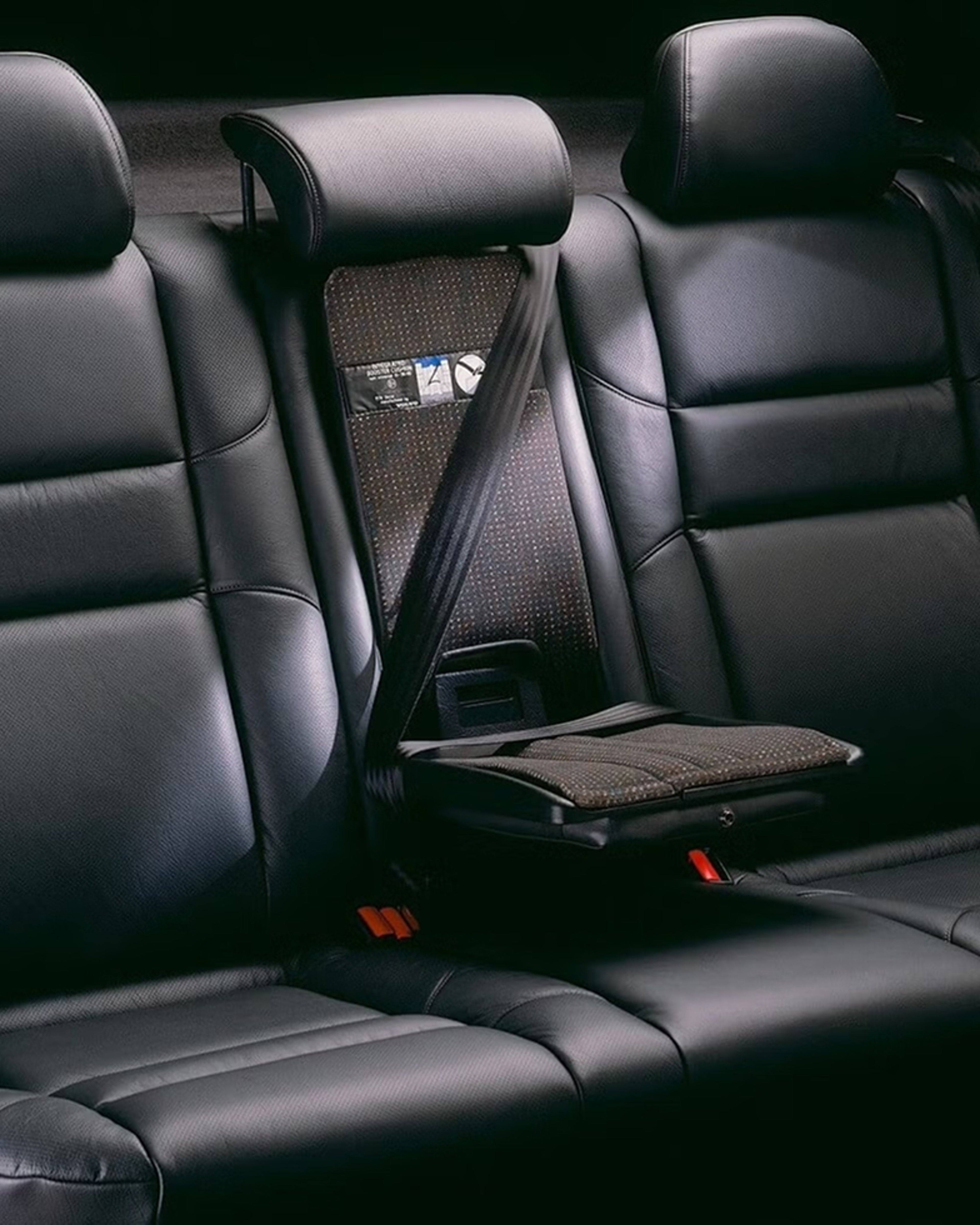
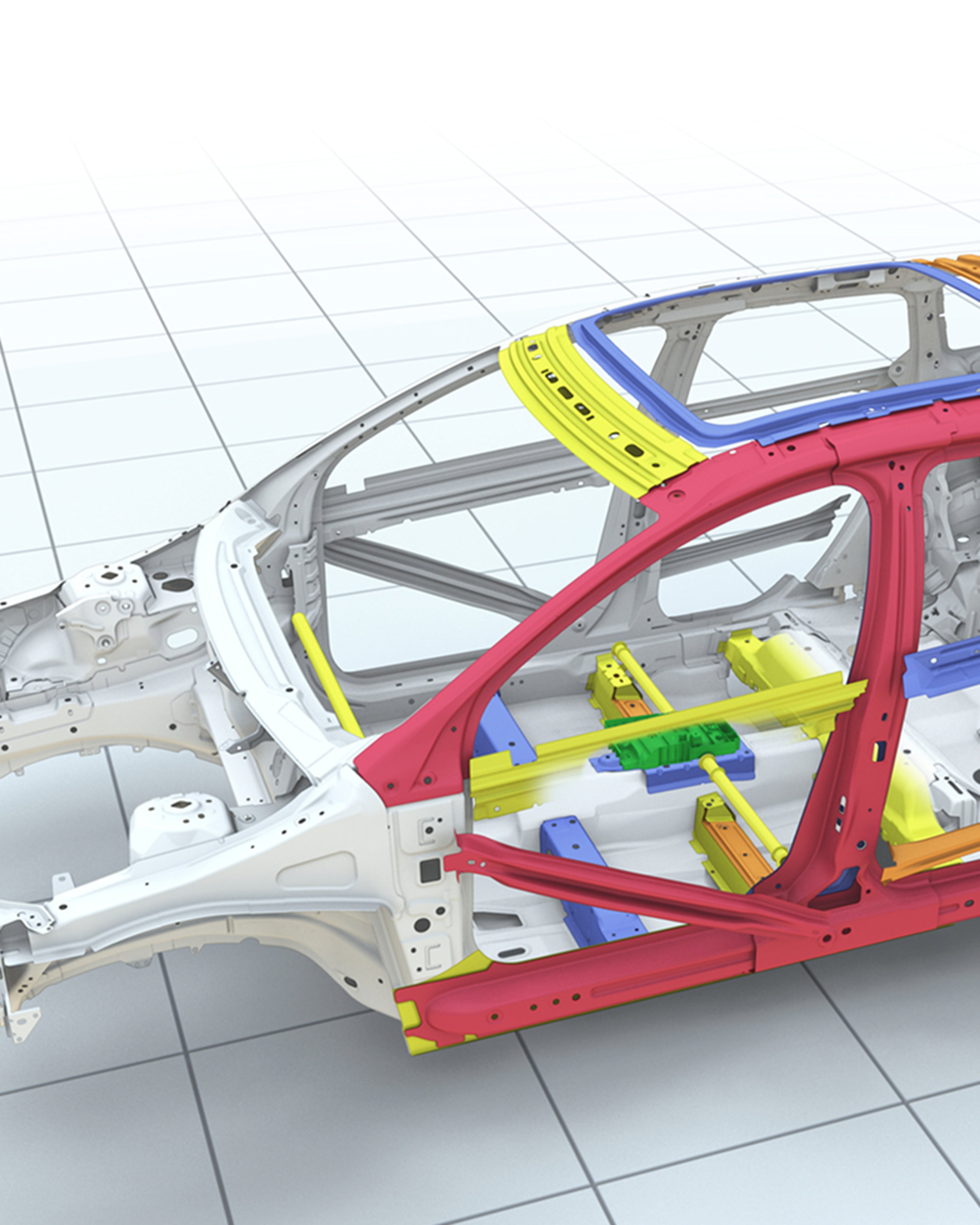
.jpg?branch=prod_alias&quality=85&format=auto&iar=0&w=3840)
